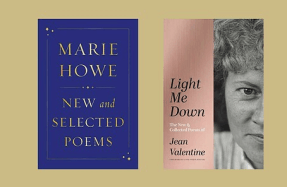How Detroit and Flint became havens for rap dark horses

As it celebrates its 50th birthday, we are mapping hip-hop's story on a local level, with more than a dozen city-specific histories of the music and culture. Click here to see the entire list.
More than any particular sound, lyrical style or historical movement, the true calling card of Detroit hip-hop just might be its underdog spirit. Despite the reign of Motown Records in the 1960s, the region has long lacked the infrastructure and resources of prosperous, self-sustained scenes in New York City, Los Angeles and Atlanta. There are fewer live venues, label offices and behind-the-scenes heavyweights. For years, major tours and street team promotions regularly skipped Detroit on the way to bigger cities. The slogan "Detroit Vs. Everybody," ubiquitous on shirts and in song, is less provocation than observation, the principle holding together a city of splintered scenes through decades of inattention from the outside world.
The independent horrorcore pioneer broke the seal in 1989. That same year, scored a deal with the rising label Priority Records, which had just minted Compton stars N.W.A. In 1993, was among the first from the city to earn major hits with "Deeper" and "Recipe of a Hoe," which topped the rap charts. The '90s brought other minor triumphs — and and — but the seismic shift toward Detroit along the fault lines of rap production came with , who built on the work of Pete Rock and Q-Tip to combine warped soul and jazz samples and off-beat drum programming that glowed with the magic of live, improvisational instrumentation. After perfecting the sound for his groups and , he worked with hometown compatriots , and (his eventual replacement in Slum Village) while expanding his repertoire as part of the Soulquarians. Whether the raps were about street life, strippers or Black liberation, his warm beats brought it all to the same place. His sound eventually influenced countless progeny, even after his death at 32 to complications from lupus in 2006, but it was less the than the , in part because his particular genius was so hard to replicate.
You’re reading a preview, subscribe to read more.
Start your free 30 days



